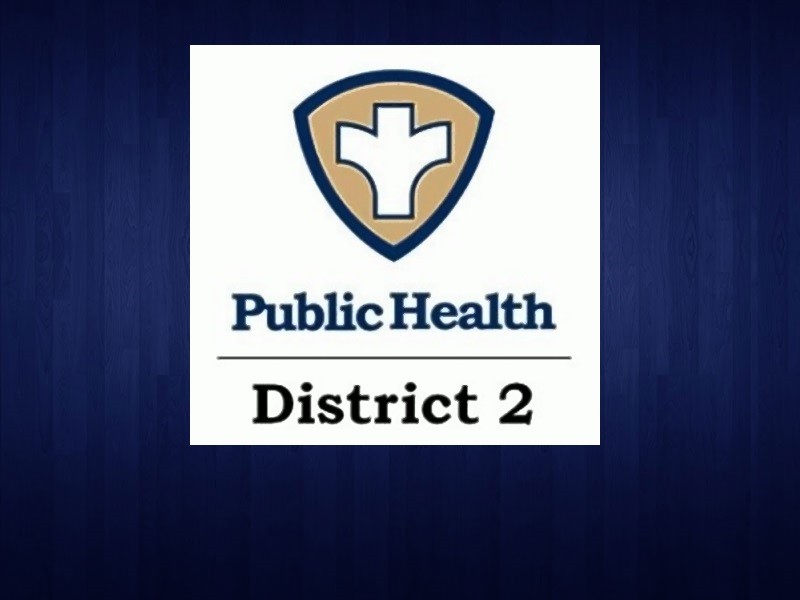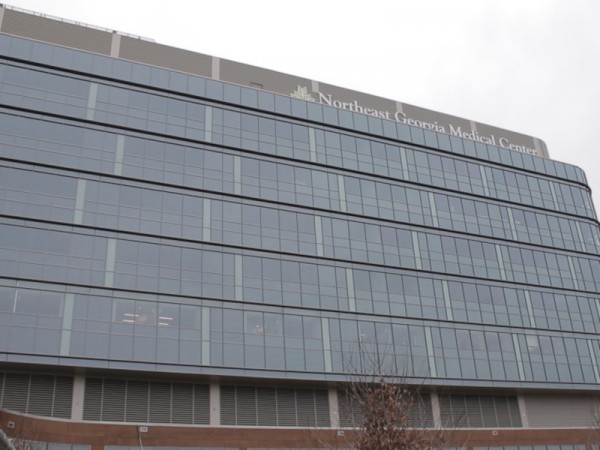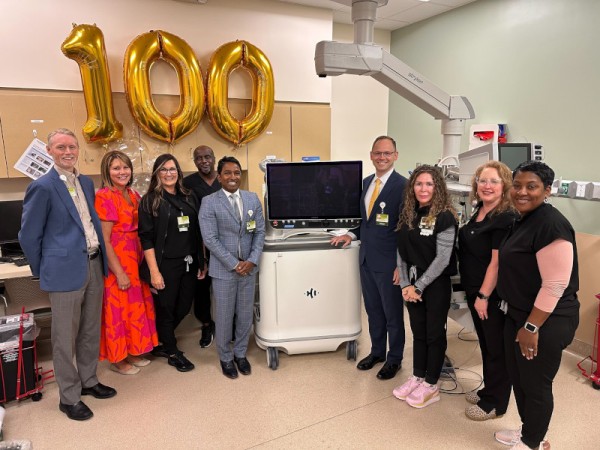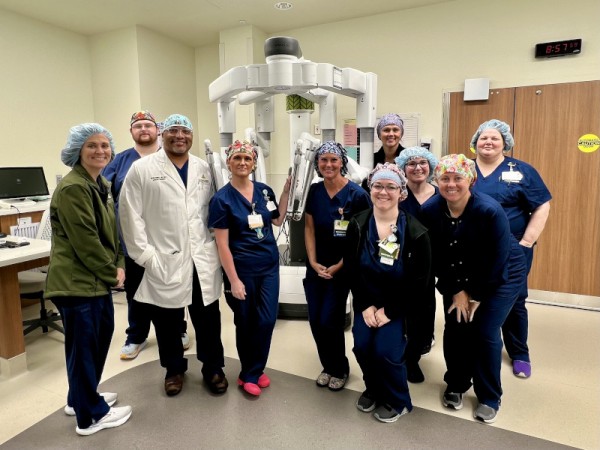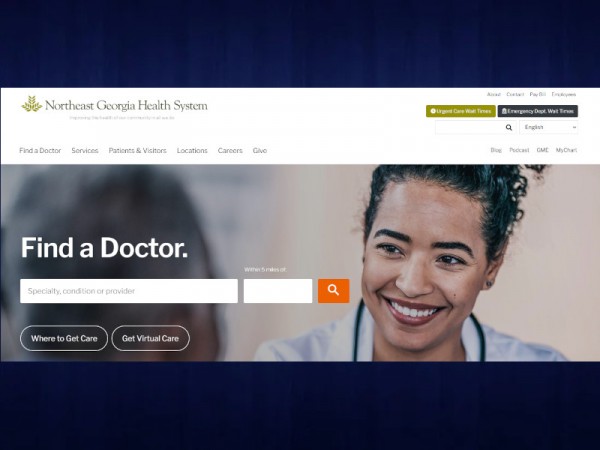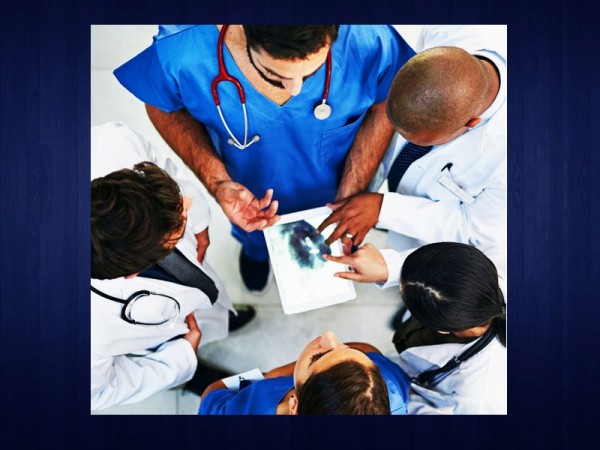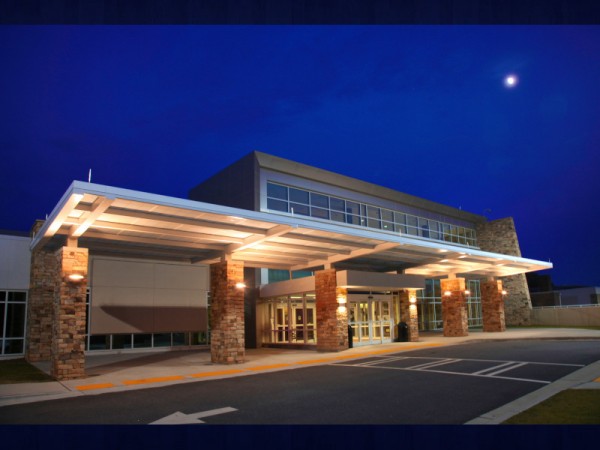Sexually transmitted diseases have risen drastically in Georgia over the last couple of years according to data from the Georgia Department of Public Health.
In 2021, there were 106,467 STD cases in the state. Locally, Northeast Georgia's District 2 Public Health has seen significant increases in STDs with the most significant increase being in gonorrhea cases. According to Auriel Tarty, an Emory Epidemiology fellow with District 2 Public Health, gonorrhea cases have seen a 46% increase between 2016 and 2021.
Chlamydia is the most common STD that can cause infection among both men and women according to the CDC. Chlamydia, gonorrhea and syphilis can cause permanent damage to a woman’s reproductive system making it difficult or impossible to get pregnant later according to Sierra Towery, an Epidemiologist for District 2.
“For many infections, we are seeing higher rates in females. We have seen an increase of 22% in female chlamydia cases and also an increase of 89% in gonorrhea cases in the last year,” Tarty said.
Testing is encouraged at least once a year. The CDC recommends those who have multiple or anonymous partners should be tested more frequently.
Marie Brown, a Notifiable Disease Director said there are programs for people to get tested and treated in all thirteen counties in District Two. This year, they started doing rapid syphilis testing.
For HIV prevention, District 2 Public health has PrEP, which stands for pre-exposure prophylaxis. This allows someone to take one pill a day to prevent HIV, according to infectious disease nurse educator and HIV prevention and PrEP supervisor Chrissa Shaffer. However, it does not prevent them from STDs or STIs.
“It does prevent HIV and that is something that we offer at Hall County, Forsyth County and Towns County currently. In 2023, we are increasing that to all 13 counties in our district,” Shaffer said.
If you’re worried about costs, Brown said not to worry because tests and treatments can be covered by insurance.
“No one is rejected. We have programs through a state where we can offer free treatment for residents testing positive for STIs,” Brown said.
For more information on where to find testing in your area, visit phdistric2.org.


